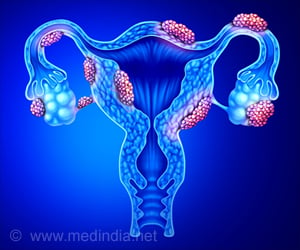In a bid to investigate the latent tendencies that make the infant vulnerable, researchers discovered that infants born with an anomaly in three lungs related genes were prone to the risk of SIDS.
SIDS or sudden infant death syndrome has been the cause of many infant deaths, which has led many parents to ensure the baby sleeps on its back. In a bid to investigate the latent tendencies that make the infant vulnerable, researchers discovered that infants born with an anomaly in three lungs related genes were prone to the risk of SIDS.
The study has undoubtedly made it easier to peg those infants at risk and enable a closer observation of such babies, and avert potential cot death. Following up on the earlier discovery of a connection between variants of a gene called Interleukin 10 (IL-10), scientists were able to find two other genes in the immune system, Interleukin-6 (IL-6) and vascular endothelial growth factor (VEGF) – which contribute in great measure to the baby's risk.The three genes in question are responsible for producing chemicals, called cytokines that maintain the efficacy of the immune system. When there are specific variants of the Inter leukin genes, it causes the immune system in the affected child to behave erratically in response to a bacterial infection, which could result in SIDS. The variant in the gene could also retrograde the lung development, making it a lethal proposition for the affected babies.
Dr David Drucker, who led the study, said: "This research greatly advances our understanding of the basic causes of SIDS, which is not a single disease but a collection of different causes of death.Being able to detect high-risk babies means that health care and social provision can be aimed at the most vulnerable infants. In theory, commercially available and licensed human immune serum could be given to those children most at risk."
Other risk factors of SIDS include premature birth, low birth weight, exposure to cigarette smoke before and after birth.









